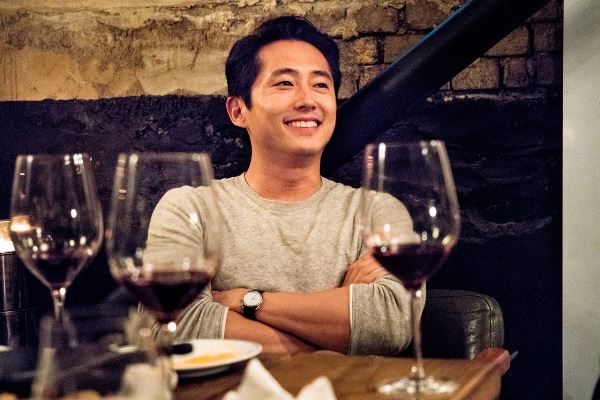![]() After eight years since Poetry (2010), Chang-dong Lee has freely based his latest film on a Haruki Murakami short story, “Barn Burning.” For the South Korean filmmaker, the source material had enough substance to make a movie with an epic running time of 148 minutes.
After eight years since Poetry (2010), Chang-dong Lee has freely based his latest film on a Haruki Murakami short story, “Barn Burning.” For the South Korean filmmaker, the source material had enough substance to make a movie with an epic running time of 148 minutes.
Burning is hard to label within a genre because of its elements of mystery and thriller, social critique, and thwarted romance. Set in Seoul and its outskirts, the story centers on three central characters who form a hesitant triangle of love and friendship: a young working-class man aspiring to become a writer; an unusual young woman extremely sensitive with a particular way of understanding the world; and a young, handsome rich guy described as a South Korean Gatsby.
Now we’re talking about the F. Scott Fitzgerald novel, a reading of the movie through the lens of The Great Gatsby wouldn’t be so ridiculous, though this trio is much more than a twisted version of Nick Carraway, Daisy Buchanan, and Jay Gatsby. In Burning, these elusive archetypes are exchangeable or pure simulation.
The introverted Jongsu (Ah-in Yoo) is the writer who expects to equal his favorite writer, Faulkner, despite not having been inspired to write anything yet. His father has been arrested after a fight with a neighbor and awaits his sentencing. Now alone, Jongsu lives on the same rundown farm where he was raised, near the border with North Korea—he hears the distant echo of propaganda announcements every day. whenHaemi (Jong-seo Jun) encounters Jongsu on a city street, she reminds him that they both grew together in the same village, but he has no memory of that. Shortly, they hook-up timidly. Haemi has studied pantomime, so in a sensuous and compelling scene, she teaches Jongsu how to pretend she is peeling and eating an invisible tangerine. She affirms that the trick is not imagining that the thing actually exists but to stop thinking the thing is not really there: good advice to enjoy the rest of the film.
The third character comes later after Haemi returns from a trip to Kenya, where she met Ben (Steven Yeun), who seems to have everything in the world. With no empathy for anyone, he gets bored easily and asserts that he doesn’t remember having cried at any moment of his life. He later reveals that the only time he feels something profound is when he burns down abandoned greenhouses: Ben may be a psychopath or a jester. The nature of his confession ignites what could be the beginning of a crime. How the relationships and consequences between these three are developed and then blurred makes Burning a long and exhausting experience that still feels essential and unmissable as one of the year’s best films.
Burning is a puzzle where every piece is in clear sight. The mystery can be solved, and it never ceases to expand beyond the screen after the credits are rolling. Like the finest pieces of art, something unread remains, something unseen that has been there all along, or not at all. This could regard a scared cat hiding inside of a small apartment or a dismantled village well that almost no one remembers. This is a movie full of symbols often so visible that it is easy to overlook them. They burn inside of you instead.







Leave A Comment